An Overview of AI In Pharma Manufacturing
Artificial intelligence usage is becoming more commonplace in diverse manufacturing settings, and given the delicate nature of pharmaceutical manufacturing, this technology is innovating processes at breakneck speech.
Artificial intelligence technologies are being used in pharmaceutical settings to discover new drugs, reducing time to market by significant amounts. It’s also being applied to pharma manufacturing, where new systems are being implemented to optimize operations and ensure consistent product quality across the board.
In this blog post, we’ll explore key tools and applications of AI in pharma and look at how speech AI technology like aiOla is contributing to a more efficient and innovative industry.

AI in Pharma: Key Terms and Concepts
Before diving into how AI in pharma manufacturing is being used, here’s a brief synopsis of key terms to be familiar with in this field:
- Artificial intelligence (AI): Technology that allows machines to perform tasks that usually require humans, like decision-making, problem-solving, and pattern recognition
- Machine learning (ML): A type of AI that uses algorithms trained on data to understand patterns for the purpose of making predictions or decisions, such as in predictive maintenance or process optimization
- Deep learning: A branch of ML specialized in multi-layered neural networks that analyze complex datasets for tasks like image recognition, anomaly detection, and quality control
- Data analytics: The process of using AI to examine and interpret large datasets to find insights, optimize processes, enrich quality assurance, and support informed decision-making
AI Use Cases in Pharma
In the pharmaceutical industry, AI has the potential to create up to $410 billion in annual revenue for companies by 2025. By introducing new technologies to the manufacturing processes, pharma companies can ensure work processes are much more efficient. Here are a few applications of AI in pharma manufacturing:
Predictive Maintenance
AI systems and virtual assistants can help teams analyze real-time data to prevent breakdowns that would disrupt line production. By identifying signs of wear and tear on essential machinery, AI can help prevent unexpected breakdowns, reduce downtime, and cut out maintenance costs.
Process Optimization
AI-driven algorithms can enhance manufacturing by analyzing and adjusting production parameters on the spot. This can help companies minimize energy consumption and reduce wasted resources, leading to more cost-effective and sustainable manufacturing.
Quality Control
With AI tools like monitors, sensors, and computer vision cameras, every stage of production can be monitored for quality assurance. Anomalies can be detected in real time and provide teams with insights into quality issues to maintain better consistency and compliance with regulatory standards.
Supply Chain Management
AI can enhance supply chain logistics by improving demand forecasting, optimizing inventory levels, and enhancing distribution. With better transparency into supply chain processes, teams can be more efficient with resource allocation and better respond to market changes.
Drug Formulation
Generative AI in pharma manufacturing can accelerate drug development by identifying compounds for possible new drug formulations. Gen AI in pharma can help teams identify the best formulation of ingredients, predict potential side effects, and ensure safety to lead to faster and more reliable drug development, which has the potential to generate $60 to $110 billion for the industry.
AI in Pharma Manufacturing Technologies and Tools
AI technologies are playing a key role in modernizing pharmaceutical manufacturing. These tools rely on advanced algorithms and automation to address complex production challenges. Below are some key AI tools and technologies being applied to pharma manufacturing.

Robotic Process Automation (RPA)
RPA uses software robotics to automate routine and repetitive tasks in manufacturing operations, like equipment calibration, data entry, and basic decision-making. With RPA systems in place, pharma companies can free up valuable employee time to focus on more complex and value-added initiatives.
Computer Vision
Using advanced algorithms connected to cameras and sensors, AI can enable machines to interpret and analyze visual data. In a pharma manufacturing setting, computer vision is essential for visual inspection and can improve product quality by detecting defects, contaminants, and packaging integrity instantaneously.
Sensor Data Integrations
Using AI-powered sensors embedded into manufacturing equipment, teams can analyze data to monitor equipment performance. This helps provide actionable insights into what’s happening with machinery in real time for better control over manufacturing processes.
Natural Language Processing (NLP)
NLP is what enables AI to understand and process human language, which makes it possible for systems to analyze unstructured text data. In pharma manufacturing, NLP can be used to process technical documents, maintenance logs, and quality reports to extract insights that can improve operations.
Speech AI in Pharma Manufacturing
Speech AI is what enables machines to understand, process, and respond to human speech. Encompassing voice recognition, speech-to-text, natural language understanding, and other technologies, speech AI allows for more seamless interactions between man and machine. In pharmaceutical manufacturing, it can be used to enhance productivity and improve accuracy using voice alone. Here’s a look at a few ways speech AI can be used in pharma manufacturing.
- Voice-activated systems: Speech AI powers voice-activated systems through voice commands that can monitor manufacturing operations. This improves both employee and product safety since workers can better focus on their tasks and physical interaction with equipment is limited, which is essential in sterile environments
- Speech-to-text (STT): STT technology converts speech into written text to facilitate real-time reporting and documentation. In pharma manufacturing, this can optimize data entry, cut down on errors, and ensure more accurate record-keeping in a production line
- Natural language understanding (NLU): NLU allows machines to interpret and respond to language in a way that’s meaningful and contextual. It can be used to analyze verbal instructions or queries, making the operation of complex systems smoother
- Automated reporting and documentation: Speech AI can automatically generate reports by transcribing spoken information, reducing the burden of manual documentation on employees and ensuring more accurate record-keeping
- Voice-based quality control: Voice AI technologies can be used to improve quality control with speech-based inspections that can be verbally logged. Not only does this decrease inspection time, but it can also enhance accuracy by reducing the chance of error
aiOla: Introducing Speech AI to Pharma Manufacturing
aiOla is a speech AI technology that can help pharmaceutical companies build more efficient and reliable workflows using solely the power of speech. With aiOla, all workers need to do is speak as usual, and the technology can trigger workflow automations and data collection ensuring no essential information gets lost in the shuffle.
aiOla can understand over 100 languages including different accents, dialects, and industry jargon, and it suitable for any acoustic environment like a production line. aiOla’s speech AI technology can be applied to pharma manufacturing in several ways:
- Cut down on inspection time with voice reporting
- Enhance employee and product safety by interacting with equipment primarily through speech
- Reduce human error in manufacturing operations
- Improve predictive maintenance of machinery for better up-time and production
- Receive instant alerts on machinery malfunctioning
- Decrease manual operations to free up valuable employee time and resources
Since aiOla is entirely talk and touch-based, it requires almost no learning curve, meaning the technology is minimally disruptive to your existing workflows and can be implemented quickly.
The Path Forward for AI in Pharma Manufacturing
When we consider the future of AI in pharma, there’s no doubt that it will pay a main role in altering how the industry operates as a whole. While manufacturing is one of the key places AI can currently make drastic improvements, we’re also likely to see it have an impact in the form of personalized medications and cobots integrating into the manufacturing space. With advanced speech AI like aiOla at the help, you can ensure your pharma operations are performing at peak level so that your company is ready to continue adopting cutting-edge tools.
Book a demo with one of our experts to see how aiOla can transform your pharma manufacturing operations.


